|
Schools programs are full of projects and initiatives that aim at teaching in a more innovative and involving way to our students. Most of the time, though, it just becomes tiring extra work for the teachers and impersonal activities that students don’t even enjoy. How can we implement projects in a way that is fun and motivating for students, and at the same time efficient for the teachers?
Quite spontaneously, they quickly came to the realization that PBL is not like doing any regular project, but rather a defined teaching approach with its own rules and methods. And from there, we started to break down the preparation of a PBL project into different phases: 1. Preparation of the class for Project Based Learning. Through self-reflection and confrontation, our teachers understood the importance of equipping their students with the right skills and attitude to approach PBL, mainly curiosity, critical thinking, inquiring and mostly collaborating with one another. 2. Defining Learning Outcomes and “Backward Designing”. One of the critical aspect of PBL is that it should be rooted in the curriculum, and not simply be “extra work” to carry out at the end of the unit. Our group had the chance to practice some tools that would help them plan the project in a way that it would cover also the curriculum and don’t remain behind with each subject program. 3. Creation of the Driving Question and project details. One of the characteristic elements of PBL is the presence of the so called “Driving Question”, the catalysis of the students’ learning. In the attempt to find a solution to the challenge/problem posed in the driving question, students conduct research and inquiry that would lead them to encounter and learn the major key points of the disciplines involved.
5. ICT tools in support of Project Based Learning. In the development of a PBL project, one can hardly think to go without the help of the new technologies. Our participants had the possibility to practice first-hand some of the tools that are essential in supporting the smooth and efficient implementation of the PBL in the class.
This final outcome encouraged a great sense of achievement… and a personal vow to give the project a try when back in their classes!
More info on the course “Introducing Project Based Learning in the classroom” at this link: https://www.erasmustrainingcourses.com/project-based-learning.html 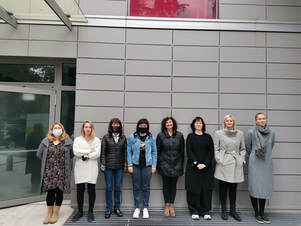 24 of October 2021: a new group of participants arrived in Bologna to experience a new and wonderful adventure. They come from the “Kindergarten Parvi yuni” in Bulgaria, Kindergarten "Tratinčica" in Croatia, Alasniidu Kindergarten in Estonia, and Vrtec Vrhnika in Slovenia. They are here in Italy for exploring the main principles, features and benefits of the most innovative preschool approaches and methods. The course started on Sunday with some get to know each other activities, where the teachers had the possibility to get acquainted one with the other and discover the city of Bologna a bit. 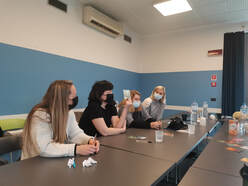 On Monday the day rapidly went by talking about the four main topics of the week: non formal education, outdoor education, the Montessori method and the Reggio Emilia approach. After the brainstorming we discussed about preschool education best practices and we did some group activities with the aim of involving all the educators in enriching discussions about their ways of teaching children. The next day was about investigating the power of play-based learning and non-formal education, topics which were investigated through learning games, practical activities, group reflections and brainstorming. On Wednesday the group delved into the Montessori method, a philosophy and pedagogy developed by Maria Montessori in the early 19th century. The group had the possibility of meeting an Italian pedagogist on a Montessori school in Bologna: Nadia Fornasari. The teacher gave a detailed presentation and showed us authentic materials used by the children. Thursday the team headed to “Naturalmente bambini”, an educational association in Bologna developing an amazing outdoor education project inspired by the experience of “The kindergarten in the woods”. The group is warmly welcomed and guided into the four hectars of Podere Ringoni by Carlotta, educator, pedagogist and president of the association. The group got to know how the kindergarten neatly planned the outdoor space, got to meet the children as well as had a look at the rich and creative documentation produced by the association team. The last day was about discovering the Reggio-Emilia approach. A historical and theoretical background on this peculiar approach was followed by a practical session where participants could get in touch with concrete experiences through the support of video documentation. As one of the teacher affirmed, “This course is a great way to get an overview of different methods and approaches used in preschools without having to learn a lot of theory”. This is our approach, engaging activities and lot of practice are the best way to learn :)
“We could have never loved the earth so well, if we had no childhood in it” – G. Eliot Outdoor Education is one of the most relevant innovative teaching approach in the educational landscape. It offers the possibility to address two amongst the most important topics of today’s society: providing long-lasting high quality education and raising awareness on the importance of preserving our planet in the face of the daunting threat of climate change. How is this possible? During our course from 10/10 to 16/10, our group of 12 teachers from Spain, Greece, Hungary, Latvia and Romania explored the different ways to reach these two outcomes.
Another part of the course was focused on practicing many tools in a natural environment in a local park area of Bologna, near the San Luca sanctuary. All the games and activities tested were much appreciated and gave inspiration to our participant not only in sharing their activities with the rest of the group, but also to create their own Outdoor activity.
"I really enjoyed this practice-based course with knowledgeable and enthusiastic trainers. It was a good chance for networking with other teachers as well!" - György from Hungary More info on this course at https://www.erasmustrainingcourses.com/outdoor-education.html
The course “How to stop bullying and cyber bullying in schools and promote social emotional learning” took place in Bologna from 10/10/2021 to 16/10/2021. There, 13 participants from Poland and Romania had the pleasure to met each other: Marian and Florin from Școala Gimnazială Porumbacu De Jos, Lavinia and Georgiana from Liceul ”Petru Cercel”, Elena and Romeo from Liceul Tehnologic Mihai Eminescu Dumbraveni; Marta, Agnieszka, Marzena, Paulina and Anetta from Słupsk- Szkoła Podstawowa z Oddziałami Integracyjnymi nr 10 im. Polonii w Słupsku, Ewelina and Joanna form Zespol Szkolno-Przedszkolny nr 15 w Gliwicach. Teachers came to the course with concrete expectations of discovering new methods for fighting and preventing bullying and cyber bullying in their schools. They shared the same need to find appropriate and safe ways to address the bullying topic (especially with the youngest children) and the one of promoting and enforcing positive behaviours in the classroom.
The group went on practicing cooperative exercises to analyze the complexities of cyber bullying, especially focusing on its similarities and differences from traditional bullying. They got involved in a creative visual exercise to reflect on the power of social media communication and on the easiness with which one can become a target of (cyber)bullies. A thoughtful reflection took place on the risks and potentials of Internet and on the importance to raise awareness on that with children, teachers and parents. Afterwards the group focused on two strategies to promote positive behaviours in the classroom and prevent bullying, on the one hand fostering membership and collaboration, on the other hand developing socio emotional learning. Social exclusion being one of the main consequences of bullying, we started practicing some non-formal activities to feel the power of inclusion and exclusion. Afterwards, we reflected on the real meaning of “group”: it’s not just being there, it’s feeling to belong there! Through practical activities and role plays we went deeper analysing group dynamics and the benefits of cooperation.
The group not only found a place to learn new knowledge and to get inspiration from the trainer and from each other for new innovative and cooperative strategies to use in their classroom, but also (to quote one of our participants) “a good place to grow and be open to the needs of students”.
During the training week held in Bologna from the 10th October to the 16th October, teachers from different parts of Europe had the occasion to reflect and discuss on different strategies, methods and best practices to promote inclusion in classroom. The key words of this training were empathy, cooperation, and membership, as characterizing elements of inclusive education. 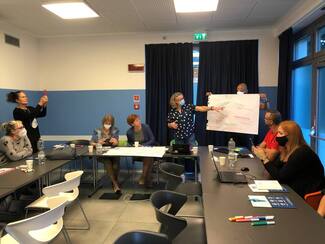 The first key word, “Empathy”, is the basis to build “relationship” between the teacher, the pupils, and the family: taking the perspective of the others, being able to be not judgmental, learning to understand another person’s feelings and communicate that the emotion has been understood, are some of the behaviors that promoteconnections with people. “To connect” is crucial inside an educational context, especially taking care of special needs. On the other side, “Membership”is the sense of “feeling to belong to a group” and to perceive your contribute how meaningful for the others. This sense of belongness, created by removing physical barriers that prevent dialogue and by promoting mutual understanding, tolerance, and respect,isvery important to promote a welcoming environment that stimulates and supports the learning process. The third key word we explored during the training is“Cooperation”, which refers to the relation with families, one of the elements that are part of the system in which the pupils with special needs or disabilities are in. To cooperate with families is crucial to build a supportive systemfor pupils. In other words, teachers need to be the guiding lights for both students and parents, providing information and ideas on how parents can best assist their child’s learning process. The contribution of two figures working in two Italian school, Alessandro Piacentini and Monica Bracci, enriched our experience with an interesting presentation full of ideas and best practice to apply in different educational contexts. In particular, weexplored the peculiarities of the“Italian Model”, one of the few examples of inclusive education, that is basedon the principle of not havingspecial schools, and that embrace the idea to “include” everyone in the same system, counting on the support of special figures like Support Teachers and Educators. The networking activities among the teachers who participated in the course were, perhaps, the most formative moments of the week: they were an occasionto exchange points of view, models and methods, creating a mutual enrichment. “What does inclusion mean in your schools?” “Which tools do you use?” “How do you collaborate with external institutions?” These, and many others, were the questions that guided our training days, on the one hand giving everyone the opportunity to learn new tools and get to know new models, on the other hand creating the chance to question some strategies and practices,with the aim of promoting continuous improvement. What better conclusion than thanking all the participants, who made this course unique with their great dedication. We hope to see you soon! More info on this course on the course special needs and inclusive education at https://www.erasmustrainingcourses.com/special-needs-inclusive-education.html
Why it is important to integrate innovative teaching methods in the educational context? |
| On the other side, visual strategies and teambuilding games showed the power of Non-Formal Education. In fact, starting from the activities, we explored the Kolb’s experiential learning cycle and we learned how it allows to pass from reflection to conceptualization and application, giving the student an active role in the learning process. |
Discovering the city of Bologna with an urban trekking App was a very funny way to deepen the power of Outdoor Education in an urban environment. Some of the benefits of OE that emerged during the debriefing are on the one hand the increasing of motivation and creativity, on the other the improvement of the psychophysical well-being thanks to the contact with the nature and the consequent reduction of the stress.
During these intense days of training, held in Bologna from 3 October to 9 October, participants coming from different parts of Europe discovered the beauty of Bologna, Florence and Ferrara, having the chance to network, teambuilding and foster an intercultural exchange.
The last day has arrived and it’s time to say goodbye: now it’s up to you to use all the new tools discovered in your school context. The rule is only one: be creative.... and have fun!
The last day has arrived and it’s time to say goodbye: now it’s up to you to use all the new tools discovered in your school context. The rule is only one: be creative.... and have fun!
The course “Preventing conflicts and tackling Early School Leaving”, which took place in Bologna from 03/10/2021 to 09/10/2021, was attended by 8 participants from Spain and Romania: Lucía and Margalida from IES Calvia, Rosalía from IES Cavaleri, Ana, Daiana, Giorgaina, Petru and Ioan from Technological High School of St. Dimitrie Teregova and Alexandra from Școala Gimnazială Porumbacu De Jos.
Early school leaving is a widespread problem across Europe and being in a European context, participants got the chance to explore different perspectives at the national level. On the first day, they focused on defining what Early School Leaving means and on identifying the main risk factors. This allowed the participants to draw and share a realistic picture of their school experience with Early School Leaving, starting from the underlying causes, and finishing with the potential consequences.
Early school leaving is a widespread problem across Europe and being in a European context, participants got the chance to explore different perspectives at the national level. On the first day, they focused on defining what Early School Leaving means and on identifying the main risk factors. This allowed the participants to draw and share a realistic picture of their school experience with Early School Leaving, starting from the underlying causes, and finishing with the potential consequences.
From the assessment of participants’ expectation, the most relevant expectations that emerged were “promoting a positive and innovative learning environment” and “learning new methodologies to enhance students’ motivation”. To address them, the course focused on four major prevention approaches: connecting to our students, fostering conflict management skills, establishing an environment of collaborative learning and battling negativity in the classroom.
We started from the assumption that in order to develop a early school leaving approach, we deeply need to connect to our students, to be closer to their interests and their feelings. The participants engaged in hands-on activities to learn about the importance of active listening and emotional intelligence in creating social connection.
The participants went on discovering the conflict management topic. First, we dedicated some time for a perspective change. With the support of an inspirational TED Talk, the group who initially associated the idea of conflict to something essentially negative, realized afterwards how conflicts provided in their life unique opportunities to improve their relationship, communication and understanding.
Afterwards the group practiced some non-formal activities to reflect the importance of membership and collaboration. Strategies for collaborative work and peer-education were analysed.
| The group focused then on how to battle negativity in the classroom, through group reflection and practical activities. We analyzed different conflict management styles and discussed their concrete application in different situations. Then the group defined and characterized the main “negative” student types and developed practical tips and suggestions on how to deal with them in the most effective ways. The participants engaged in a team challenge that allowed them to learn how to foster a mindset of growth in our students. |
| In the end, we analyzed through visual tasks and group reflection the phenomenon of bullying and possible strategies to become upstanders and stop bullying. A practical case scenario to fight bullying and celebrate students’ diverse and unique identities was presented by Lucía and Marga: their COEDUCACIÓ program was an inspiration for the whole group, providing “a great opportunity to learn from other teaching experiences, understand other realities and work towards a shared goal” |
The key word of this week training course was “transformation”: we learned how to change perspective on conflicts, how to transform the strong and sometimes negative energy of some students into something positive and productive, how to change our mindset from fixed to growth, how to transform a group of people into a team. To quote the words of one of our participants... “the course helps you to improve your communication with students and to realize that conflicts help to improve relationships”
Welcome to the ELA Blog. Here you will find articles and photos of our courses and have a look at the topics addressed during the week in Bologna, Palermo and Tenerife. You will also have the chance to take a peek at our projects and check out what we have been up to.
Archives
July 2024
June 2024
May 2024
April 2024
March 2024
February 2024
January 2024
December 2023
November 2023
October 2023
September 2023
August 2023
July 2023
June 2023
May 2023
April 2023
March 2023
February 2023
January 2023
December 2022
November 2022
October 2022
September 2022
August 2022
July 2022
June 2022
May 2022
April 2022
March 2022
February 2022
December 2021
November 2021
October 2021
September 2021
August 2021
July 2021
June 2021
 English
English български
български Čeština
Čeština Español
Español Français
Français ελληνικά
ελληνικά Italiano
Italiano Polski
Polski Português
Português Română
Română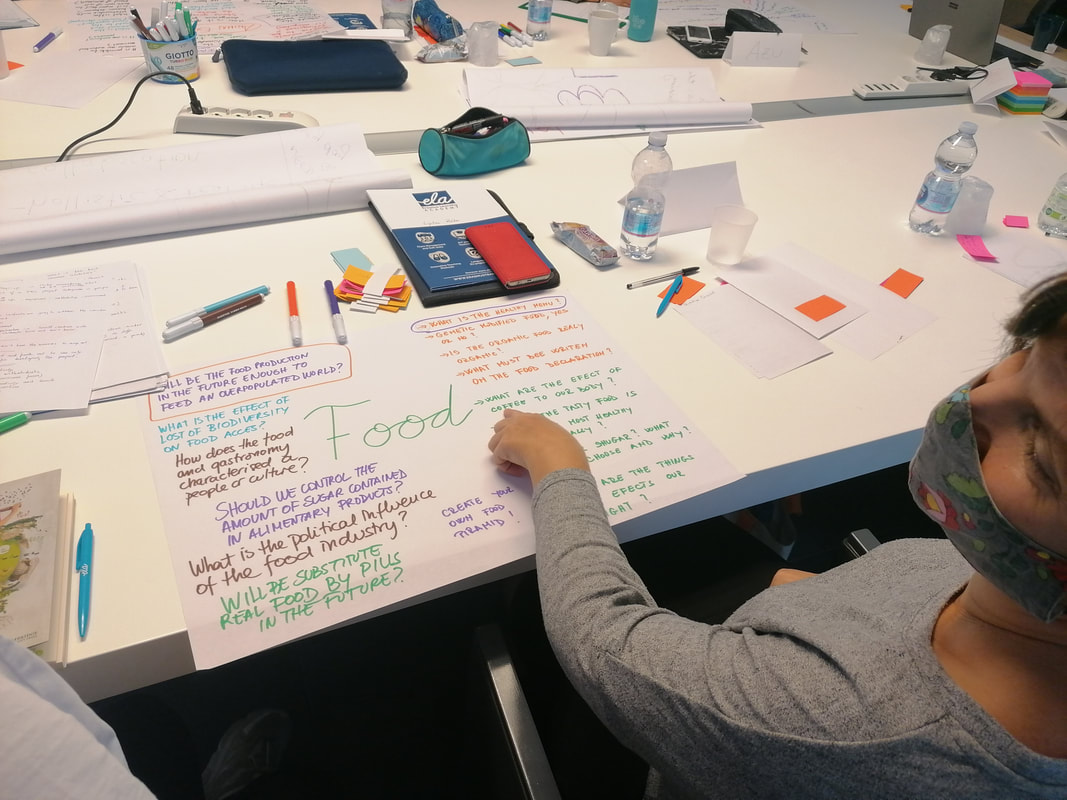
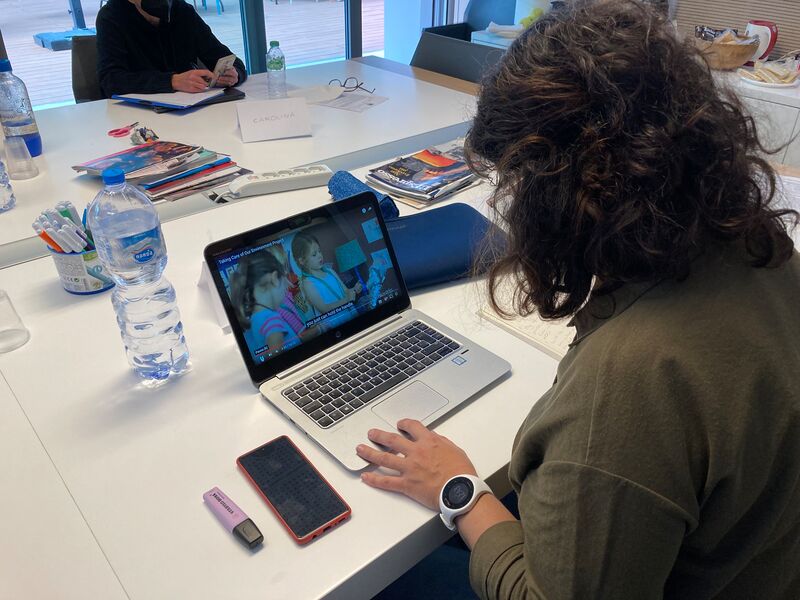
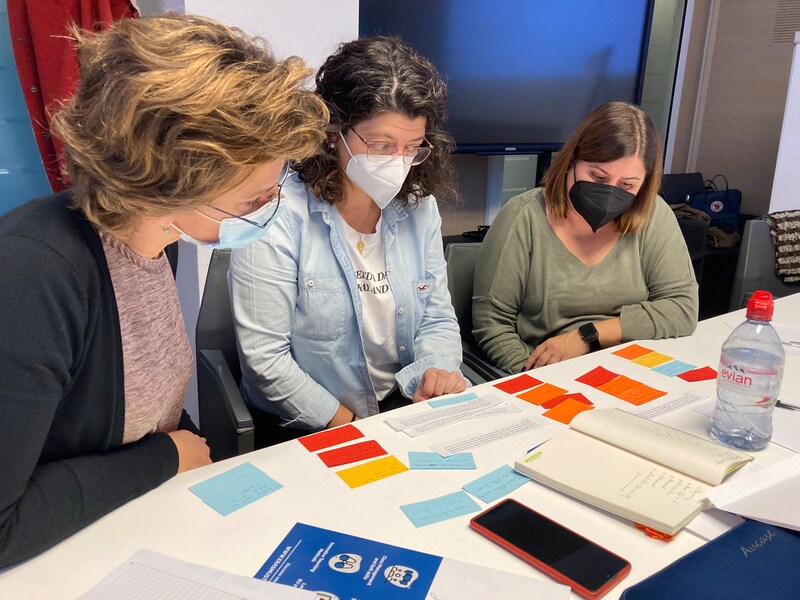
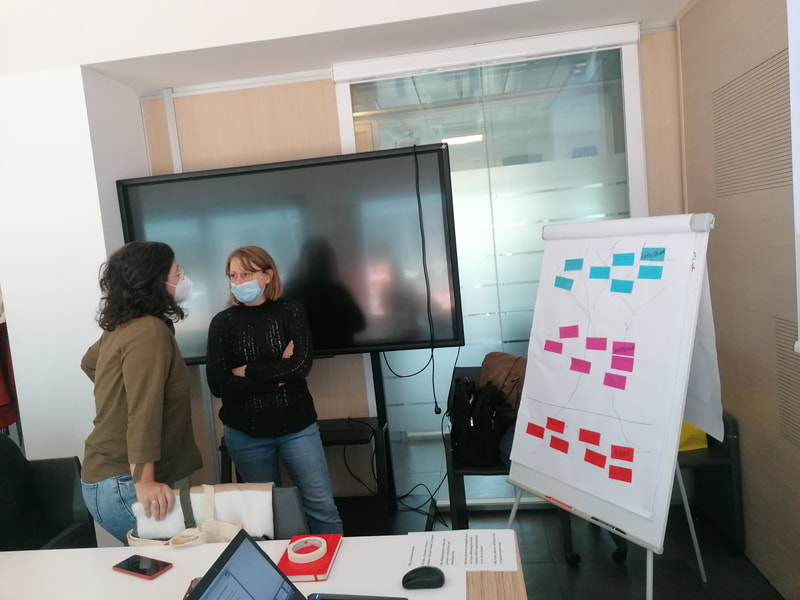
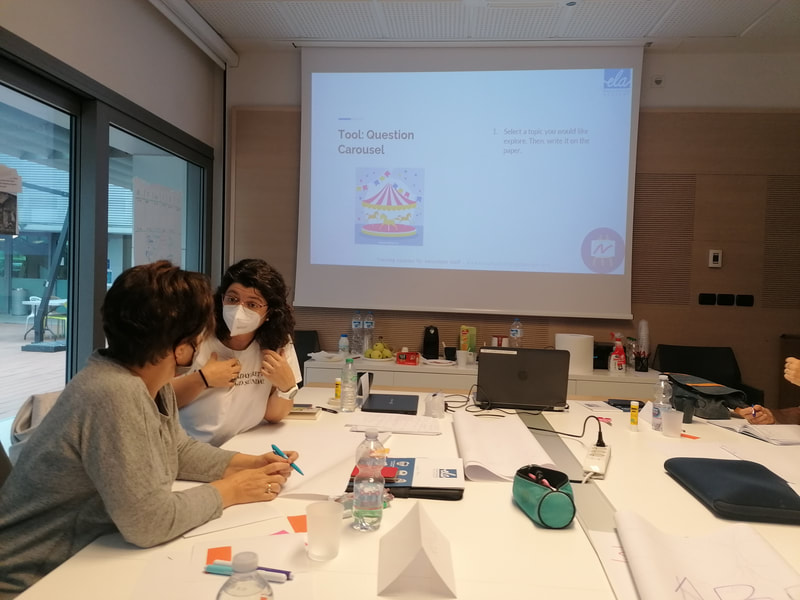
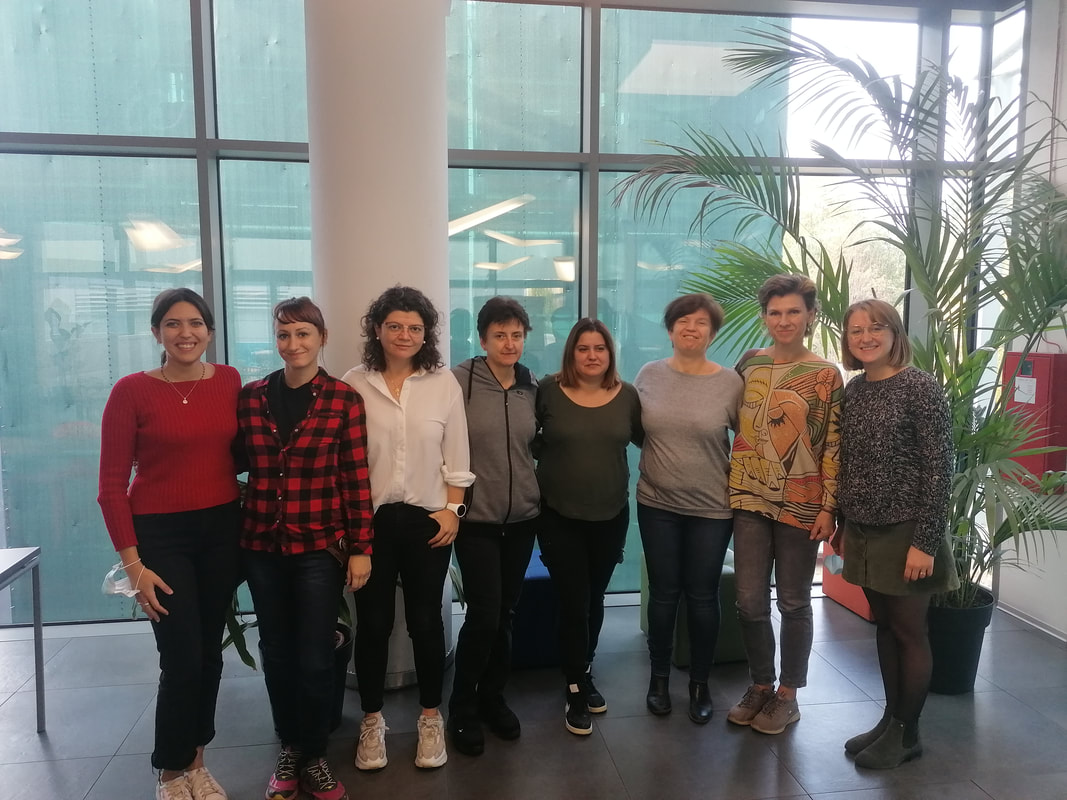
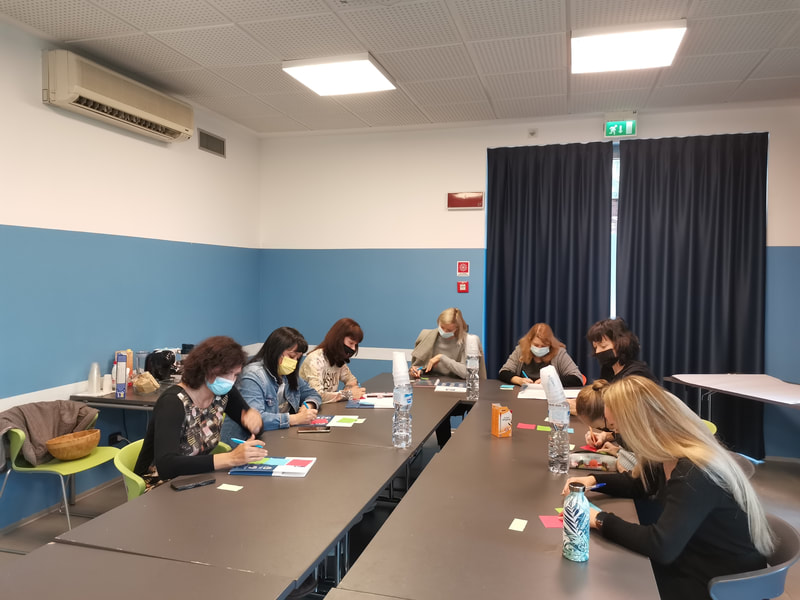
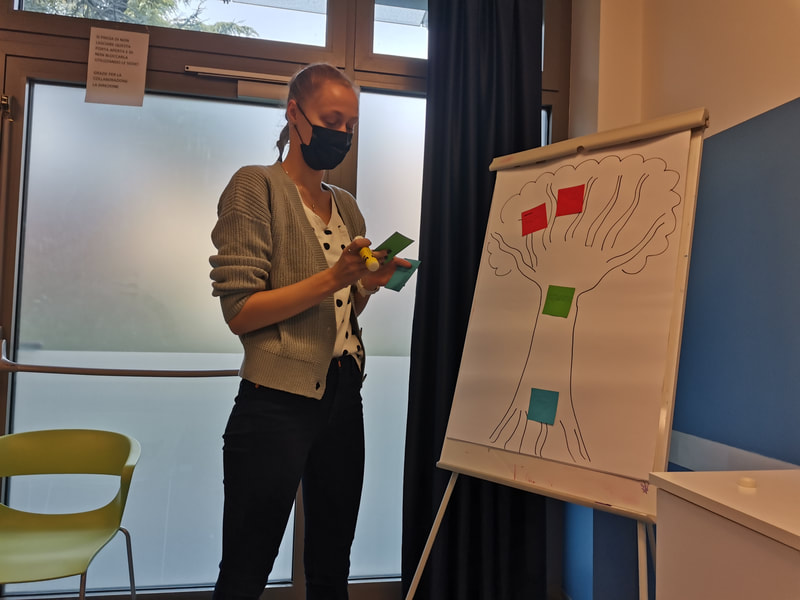
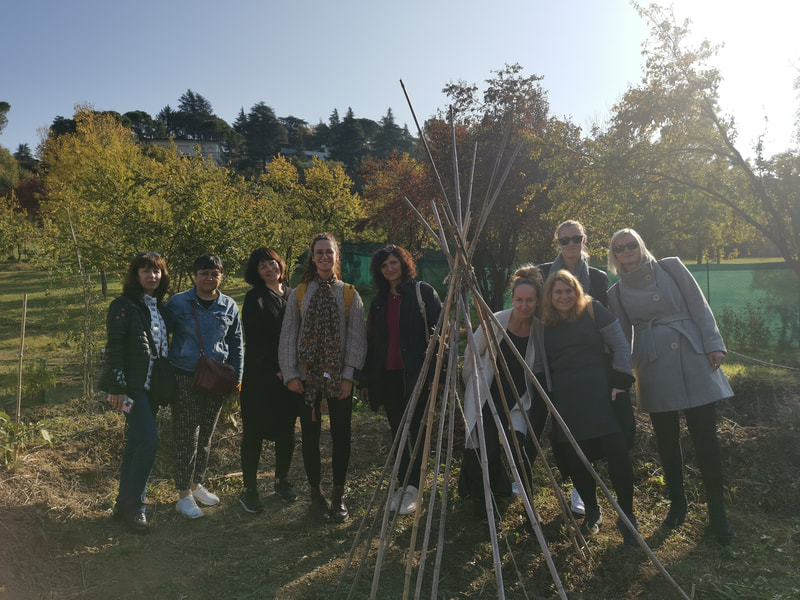
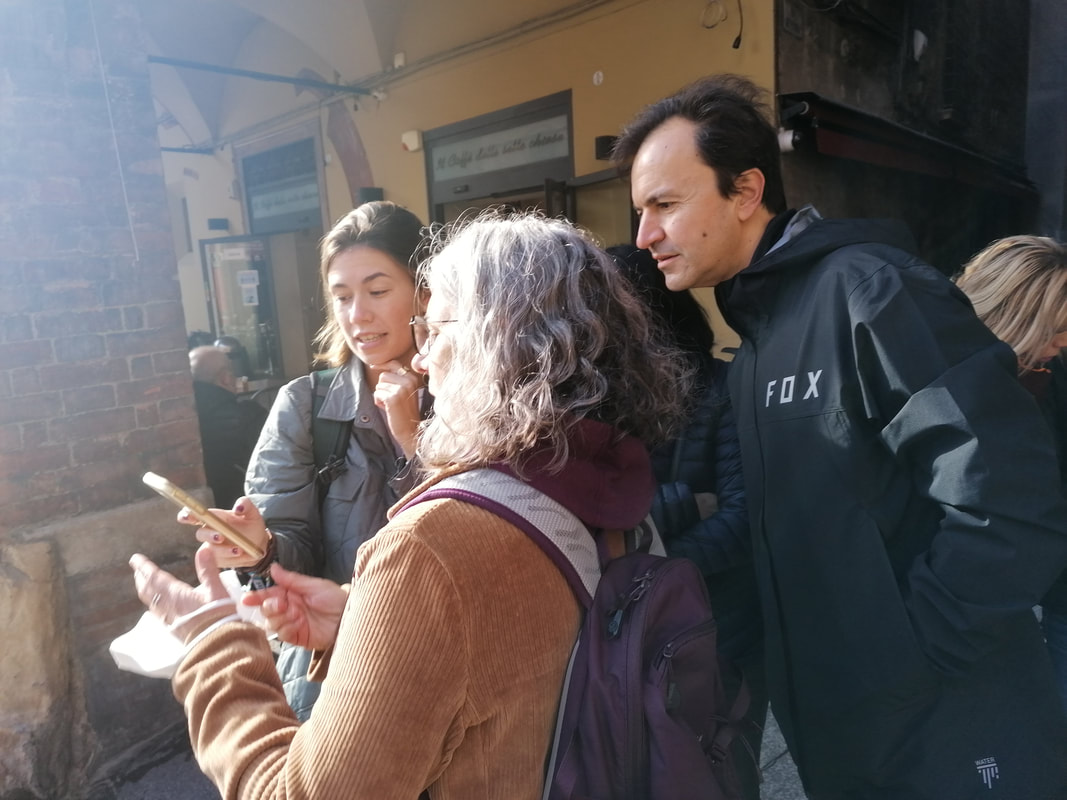
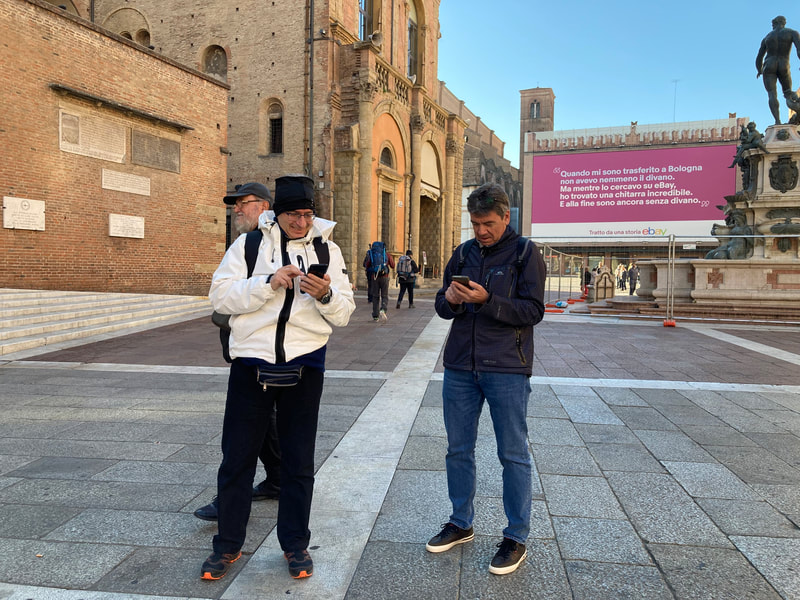
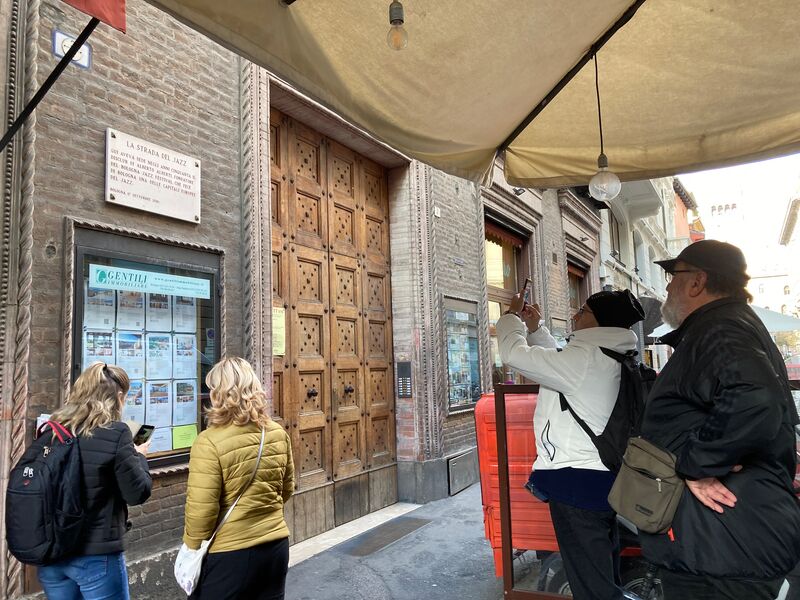
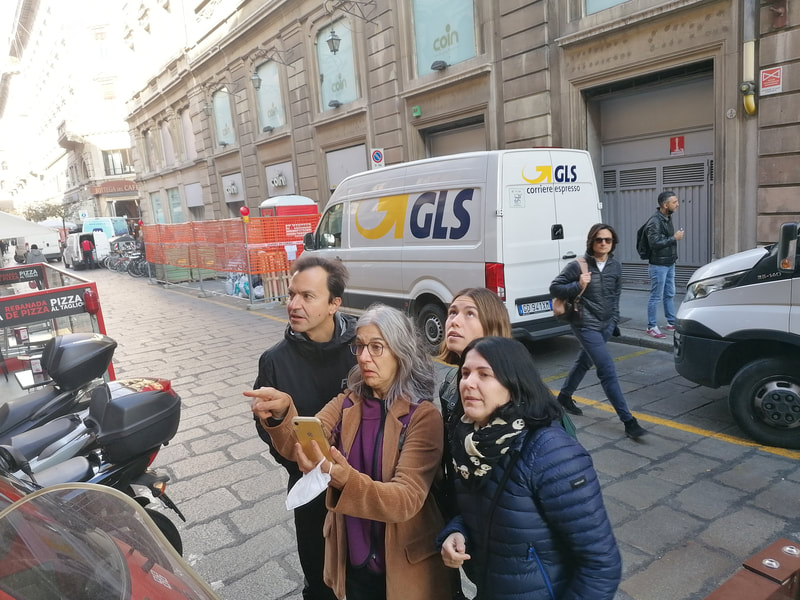
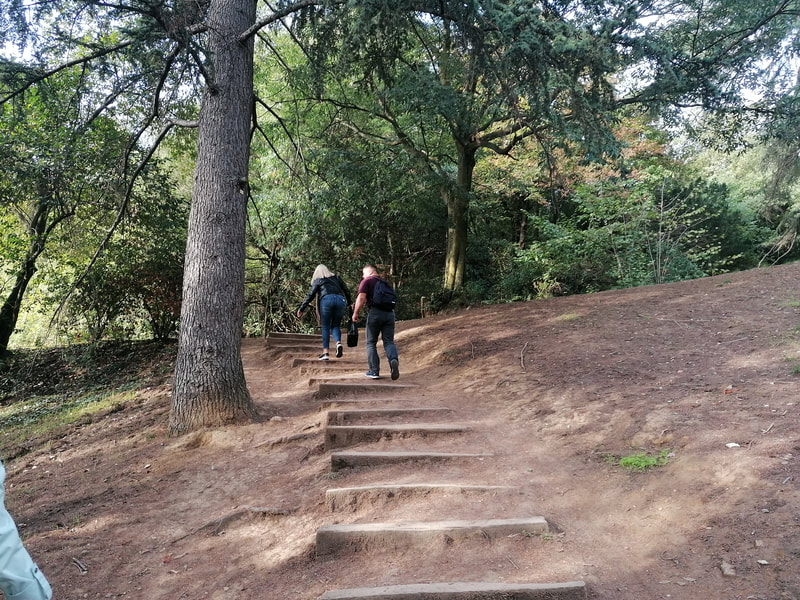
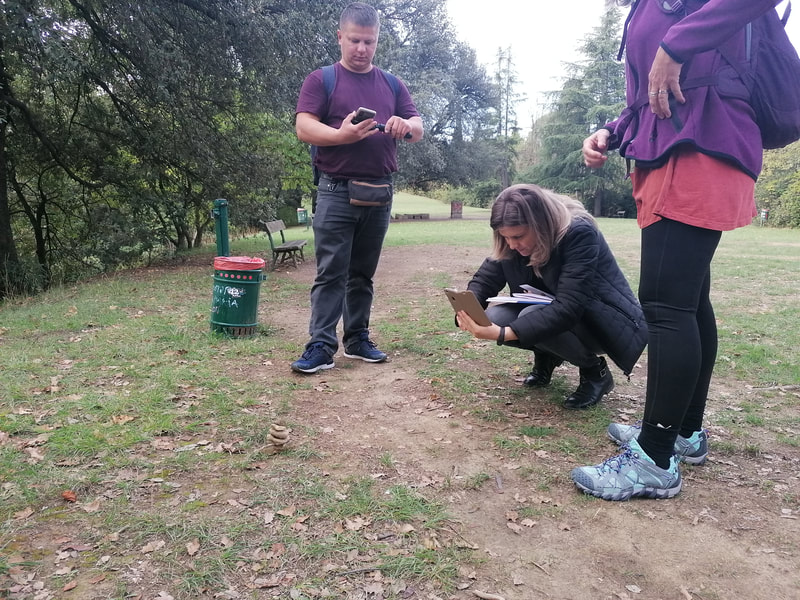
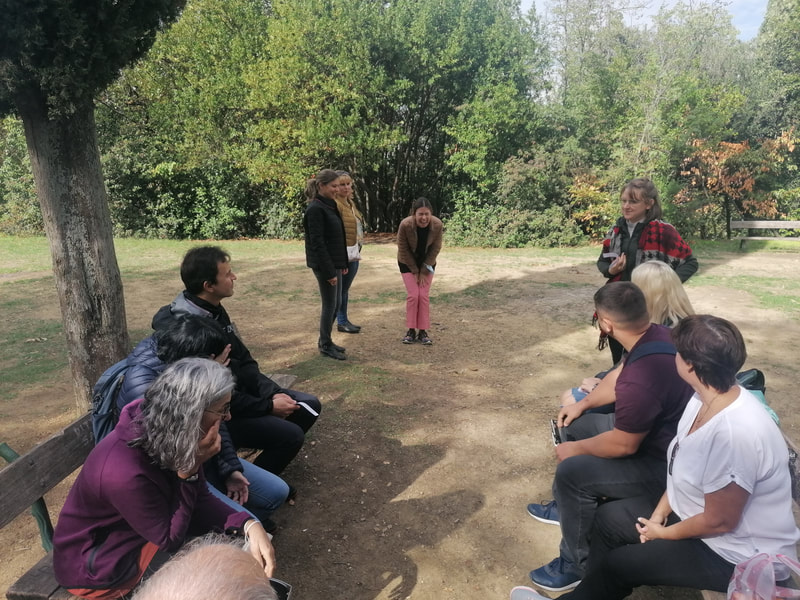
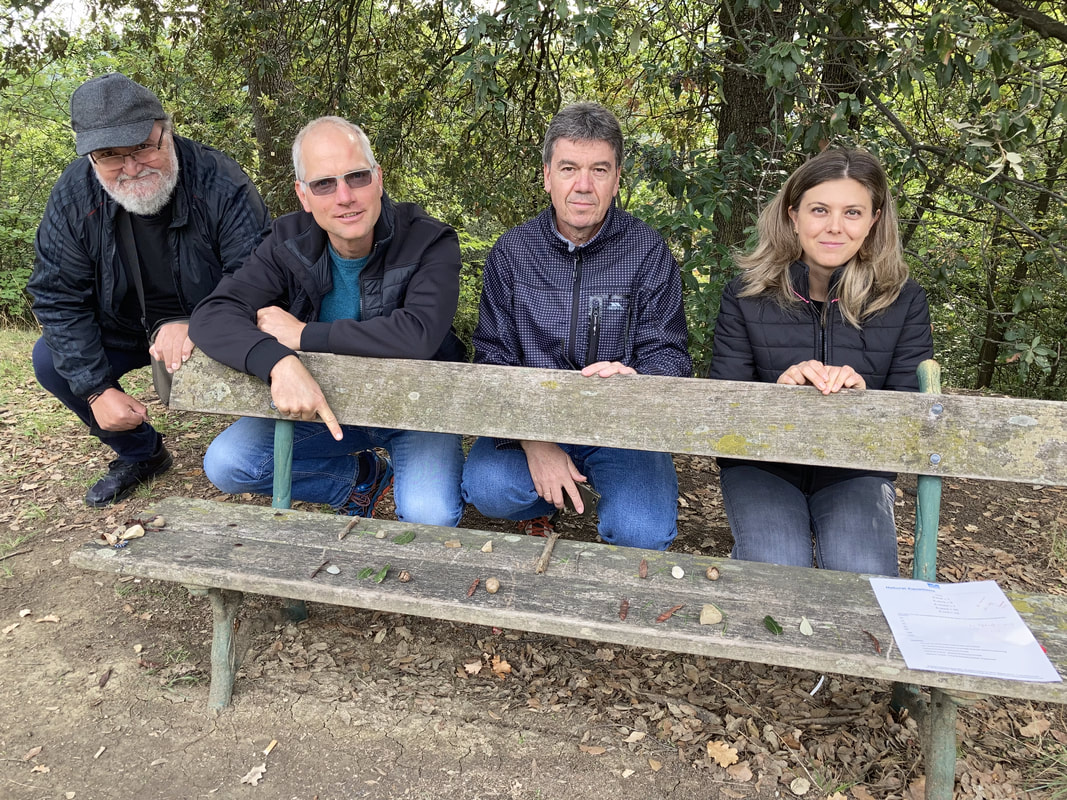
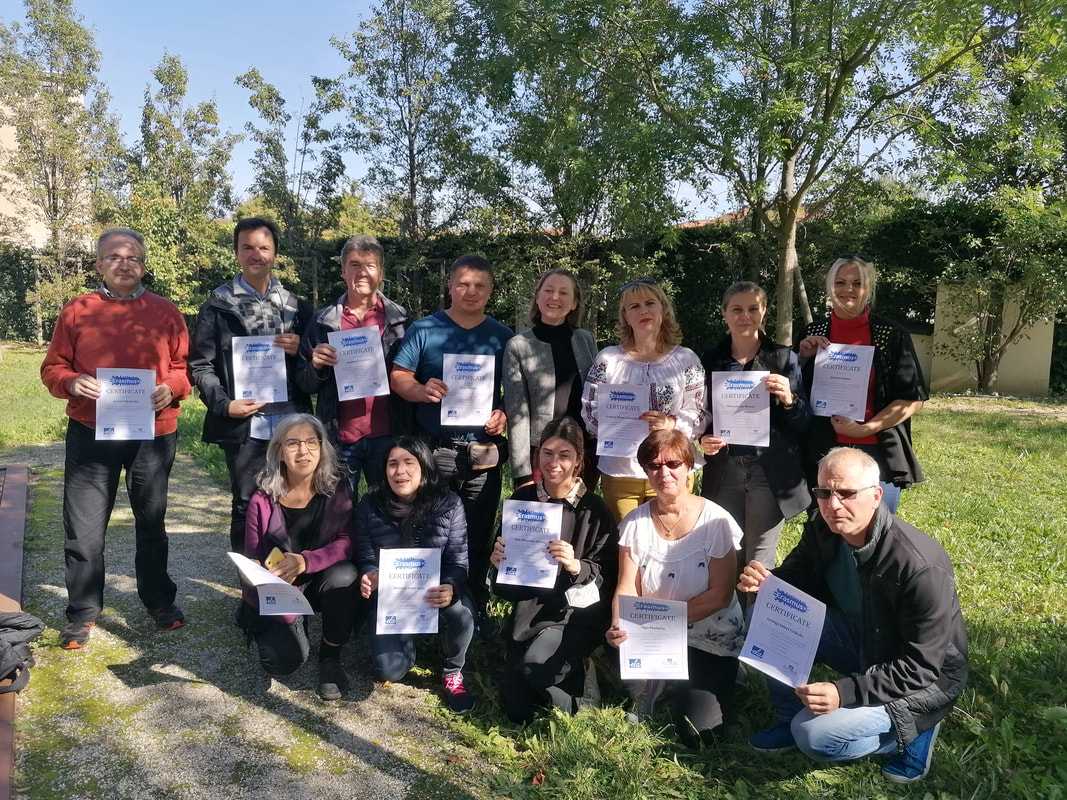
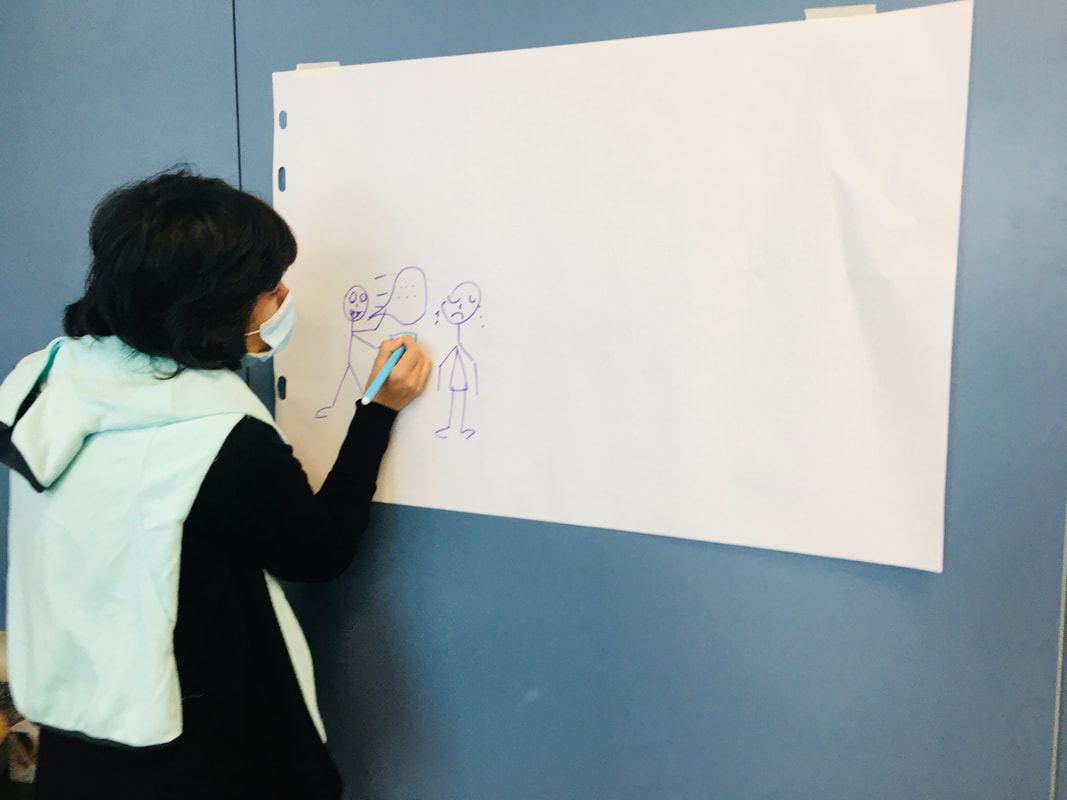
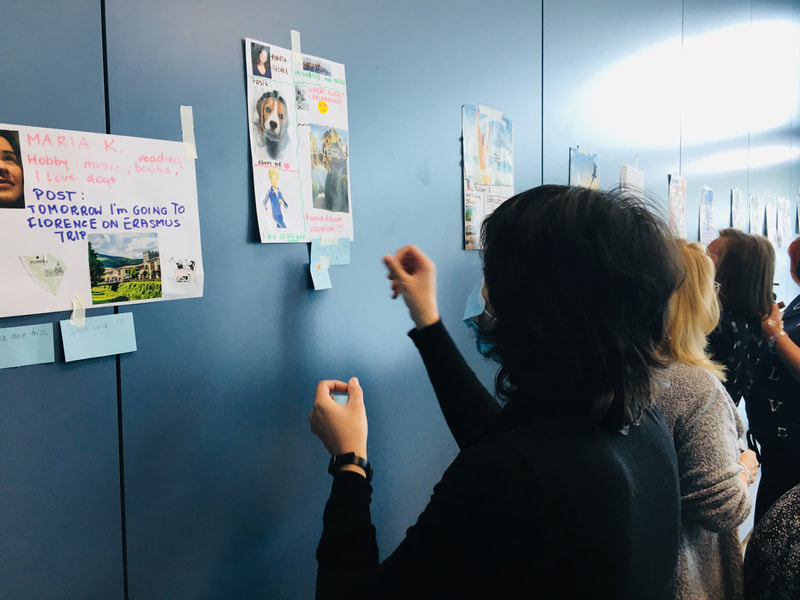
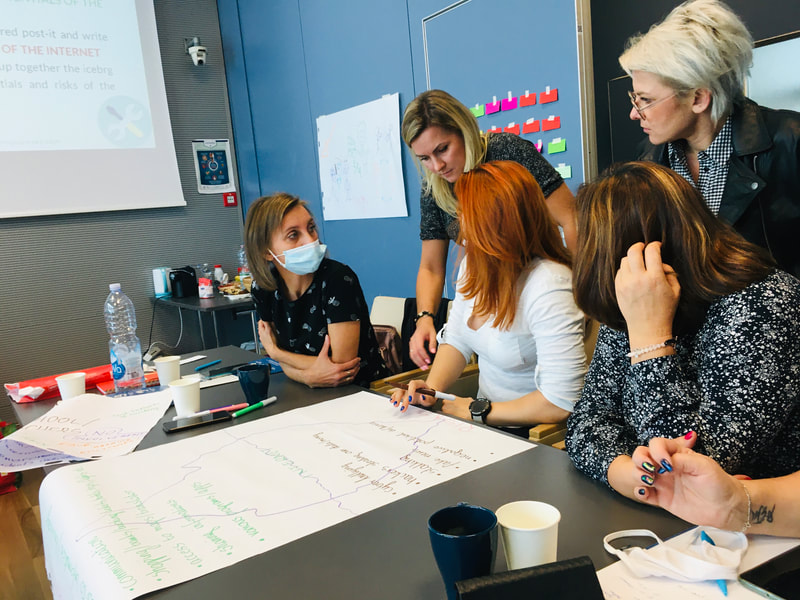
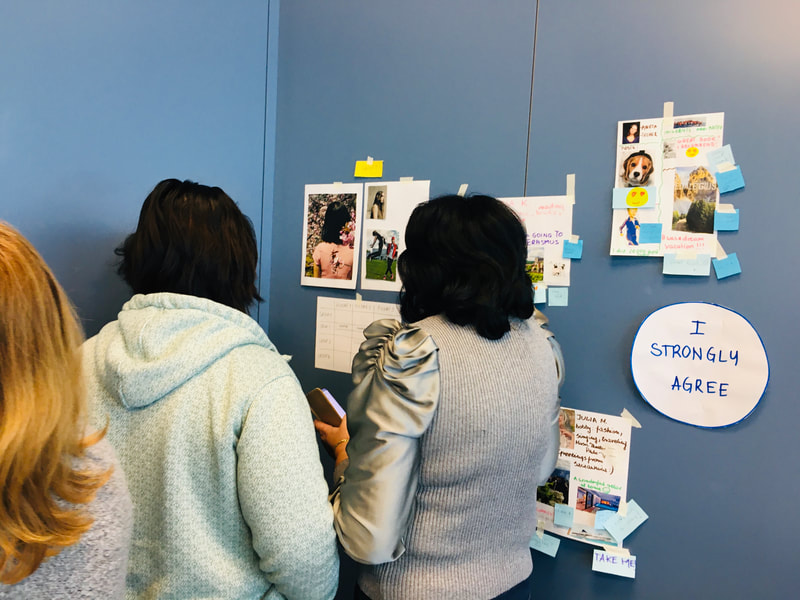
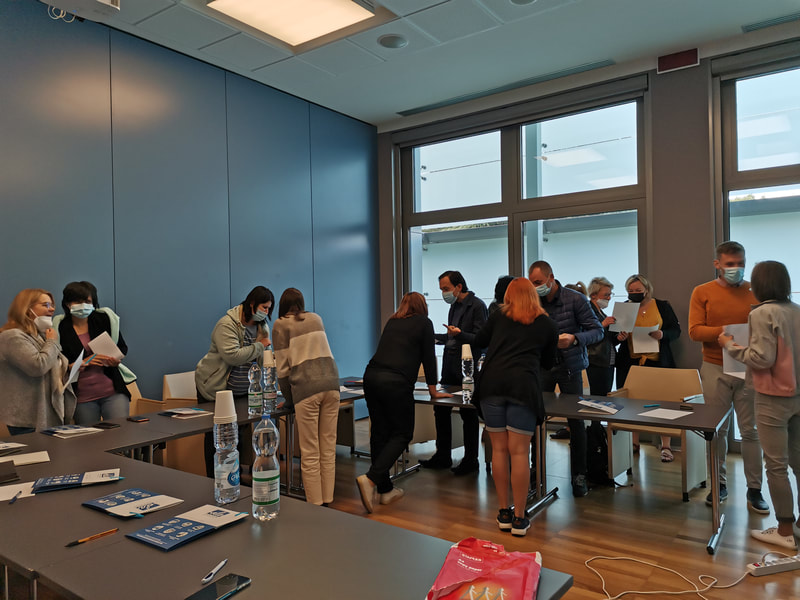
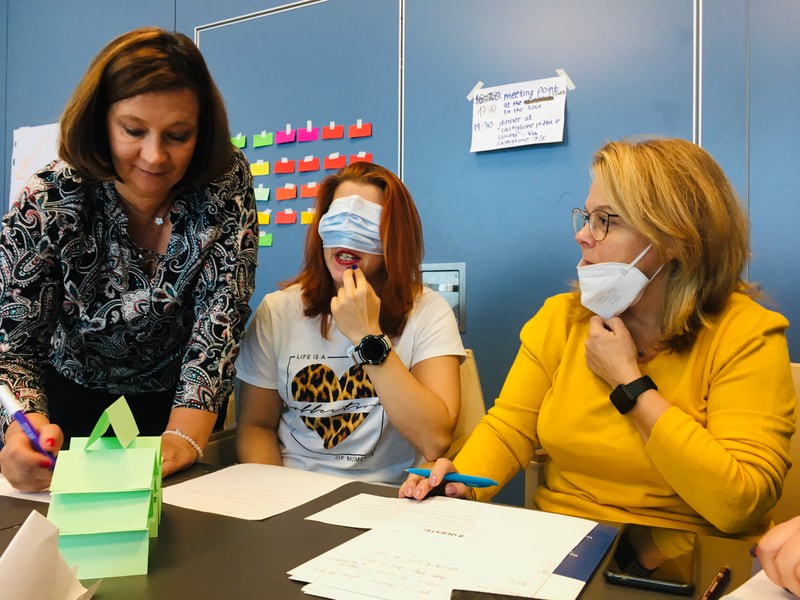
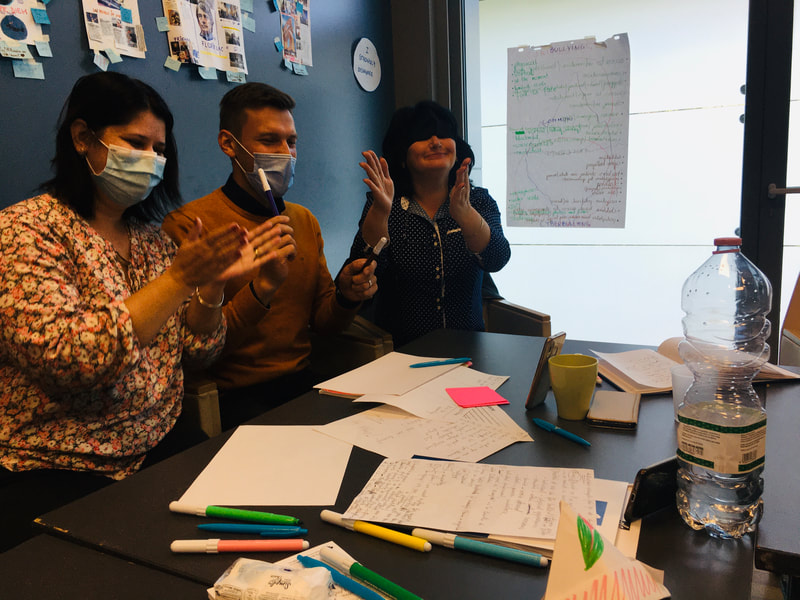
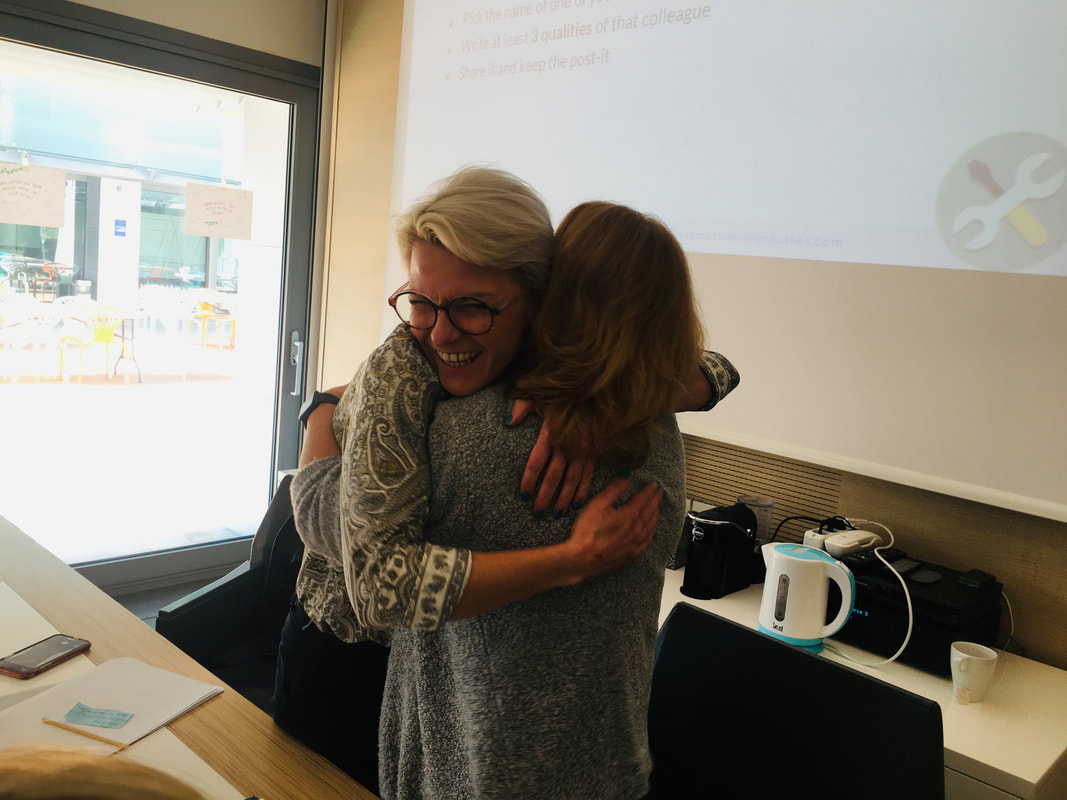
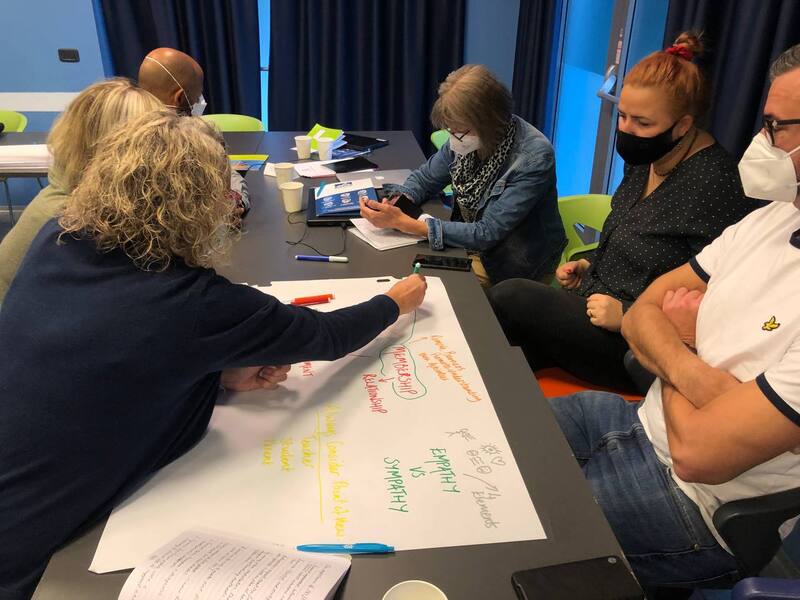
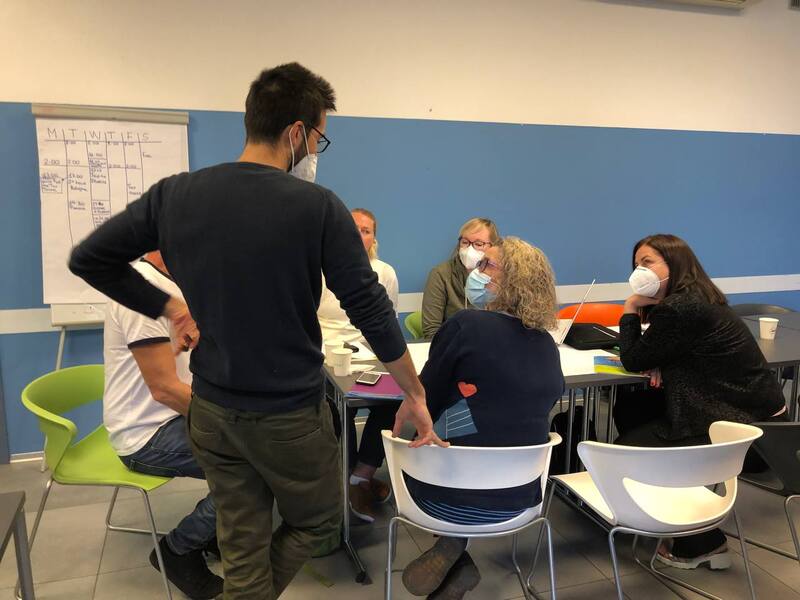
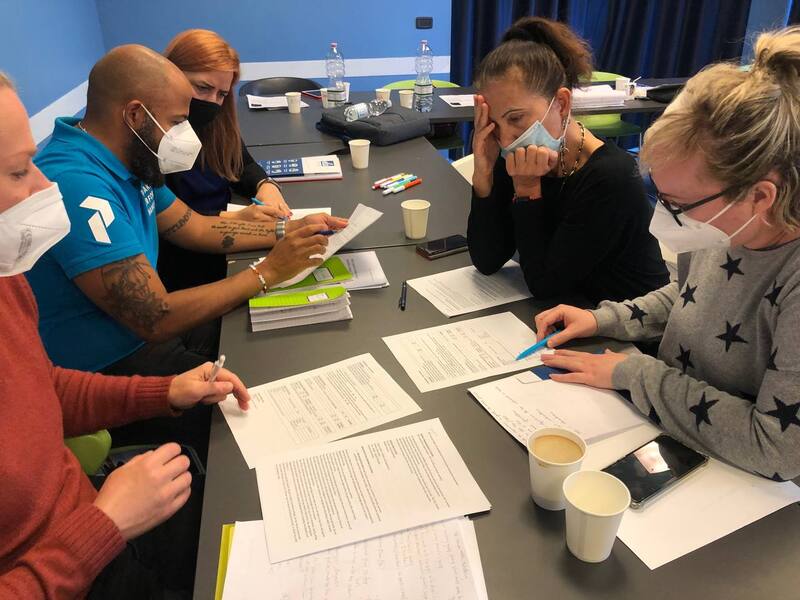
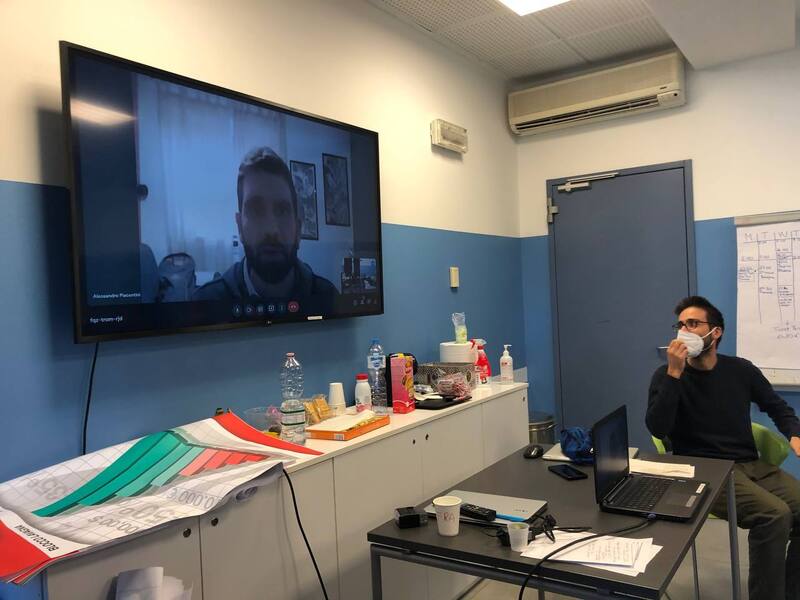
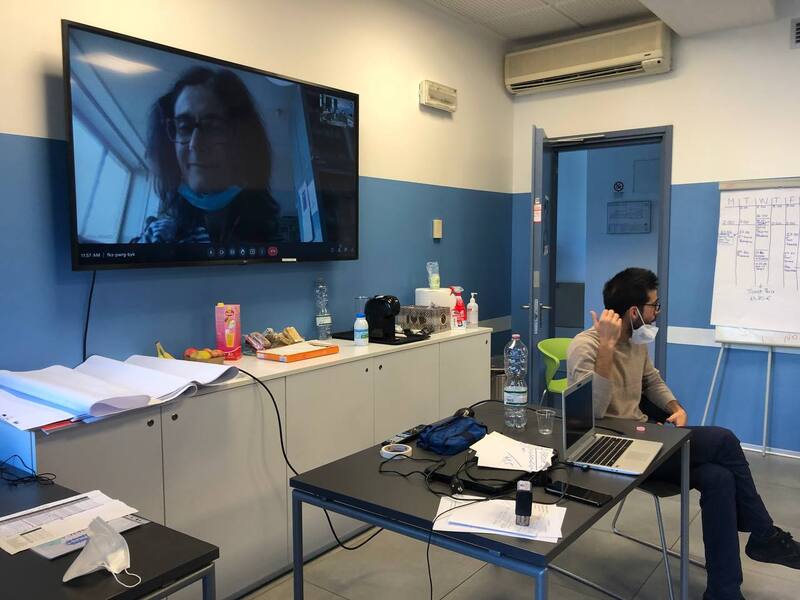
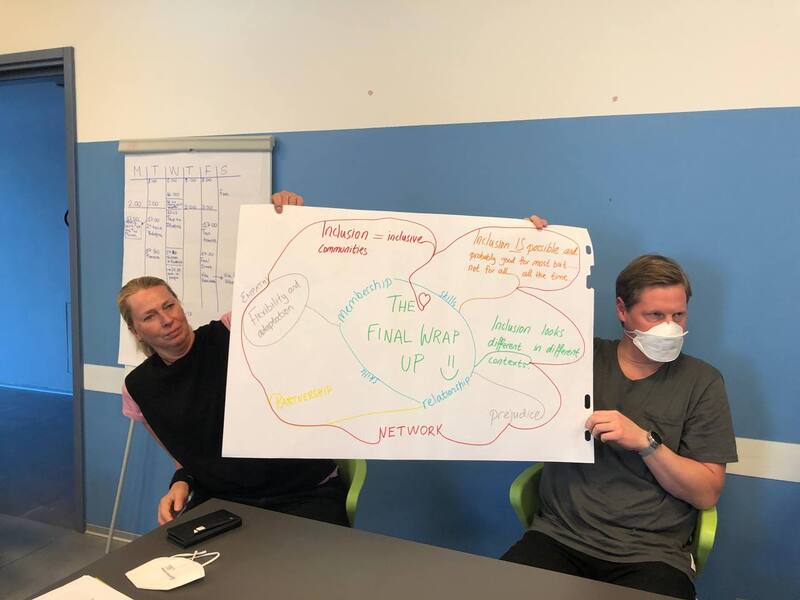
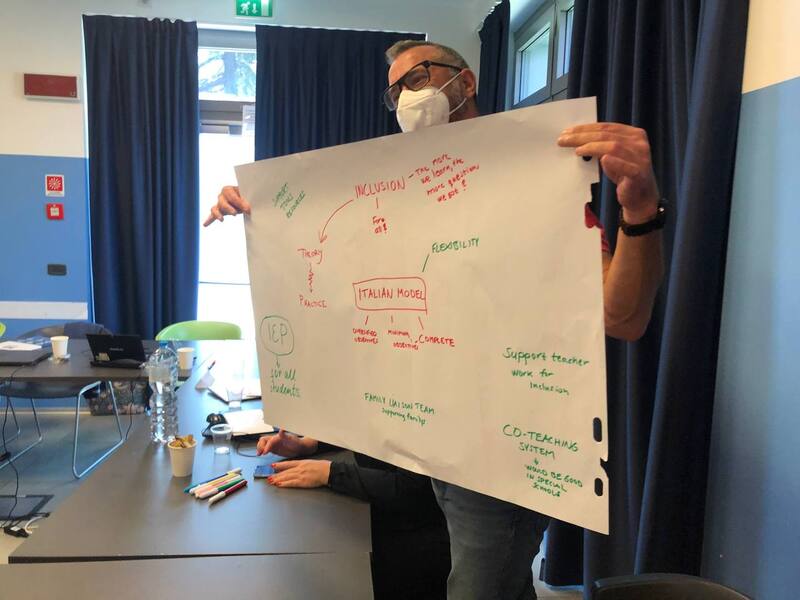
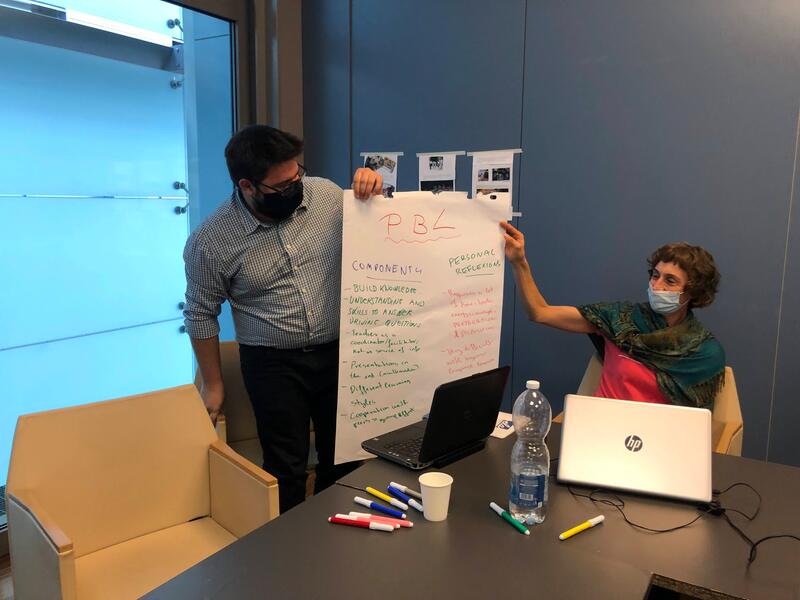

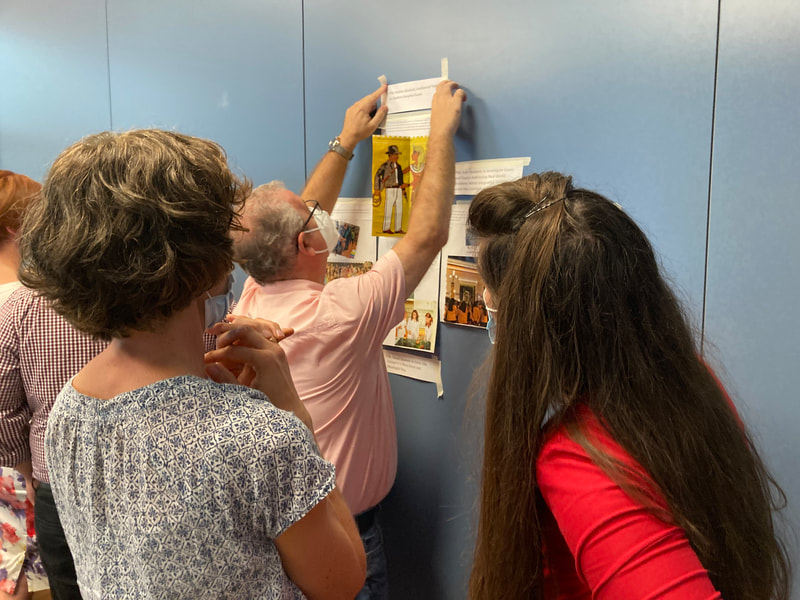
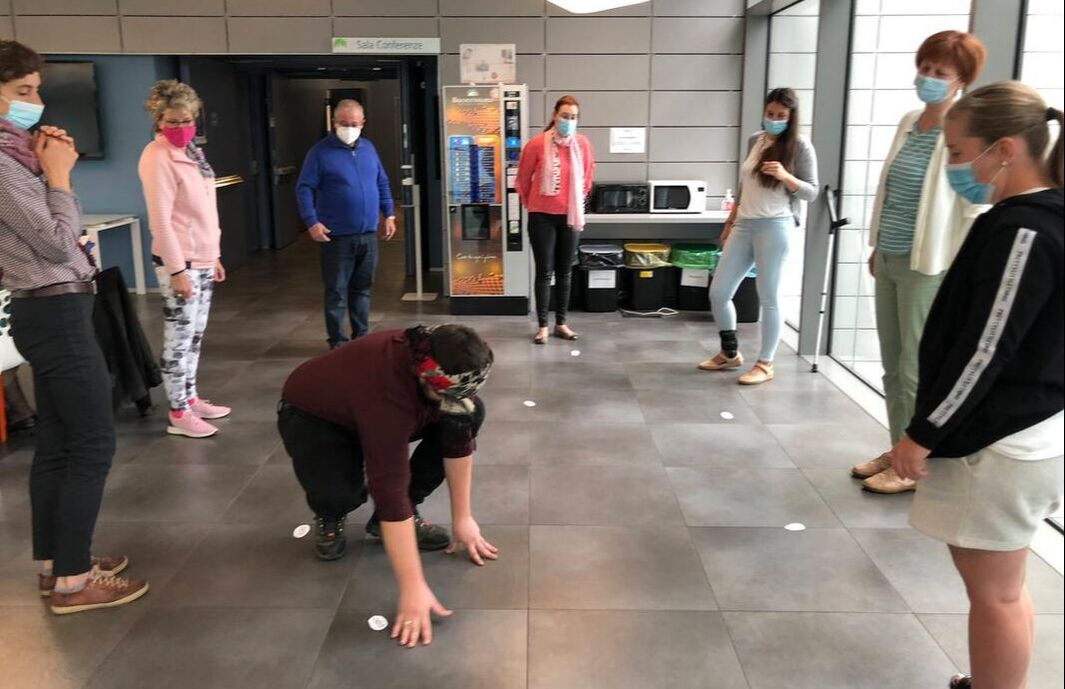
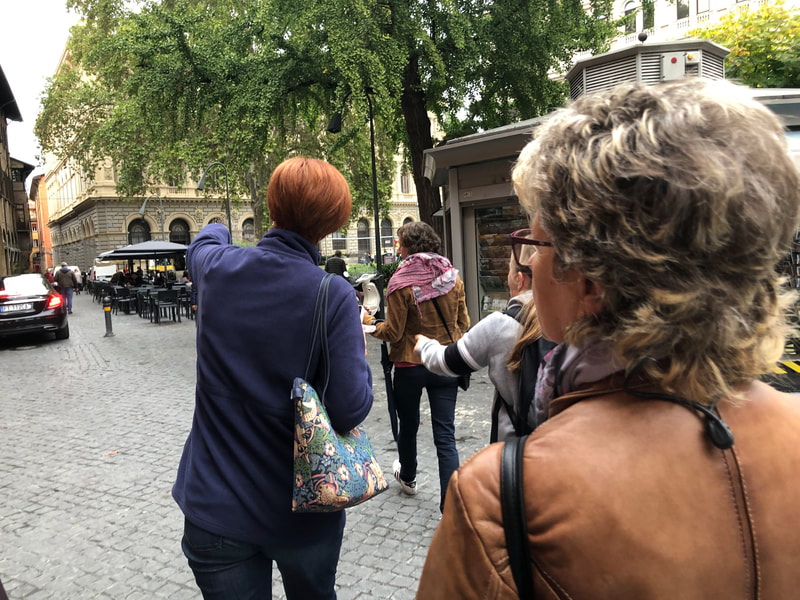
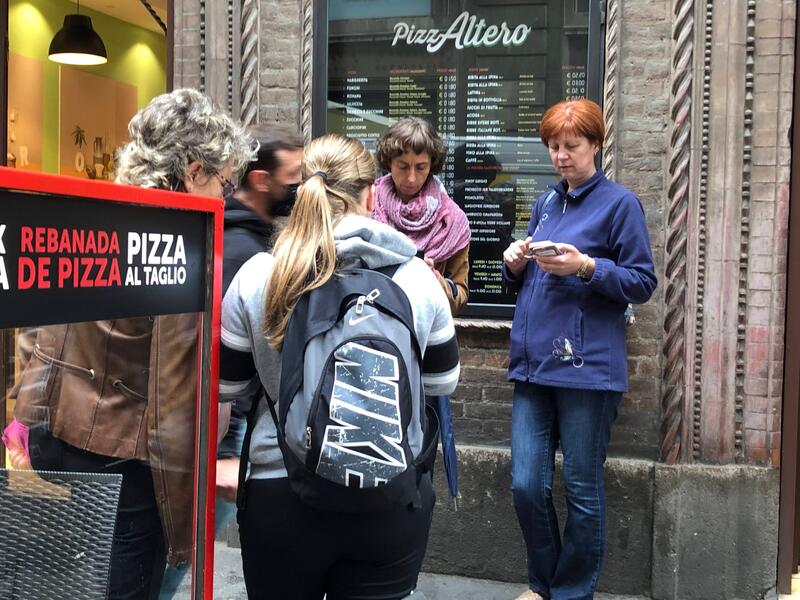
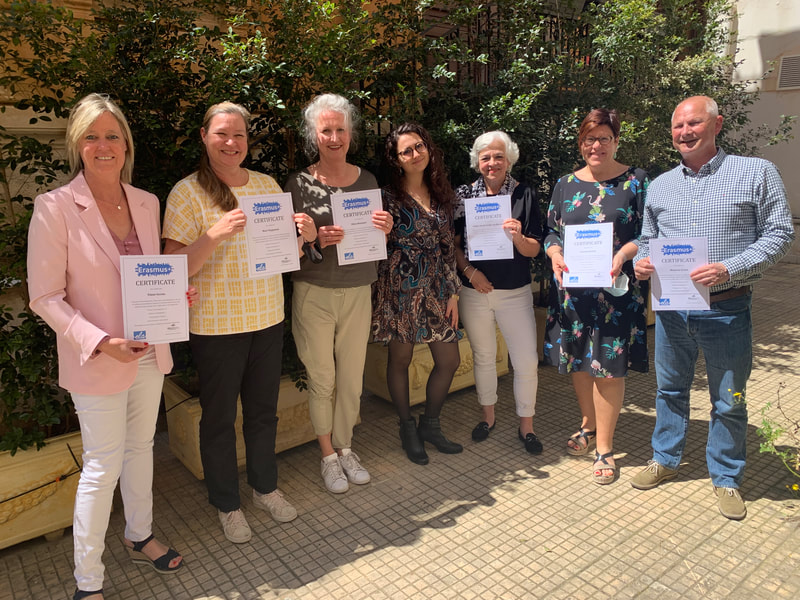
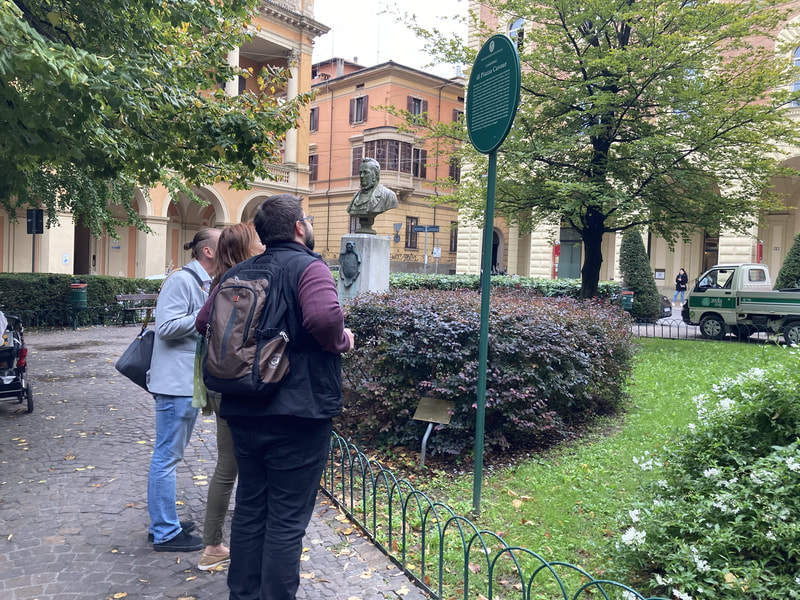
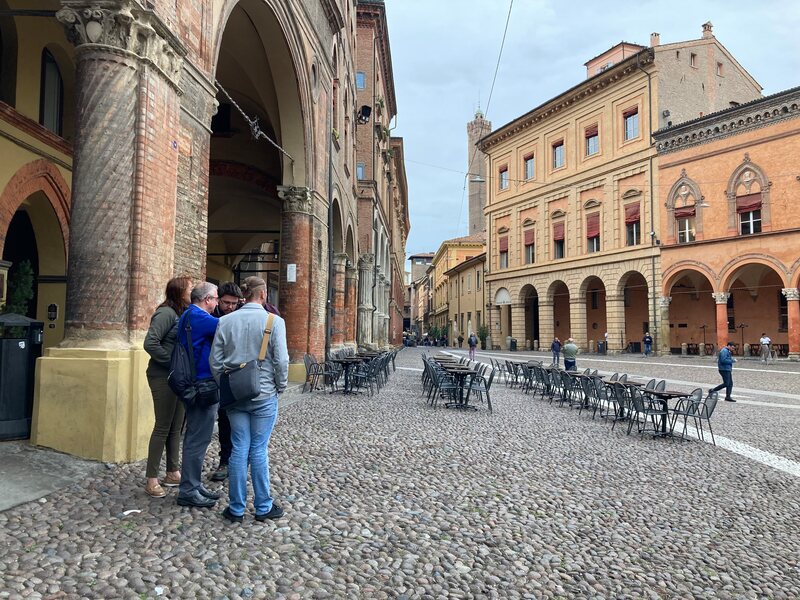
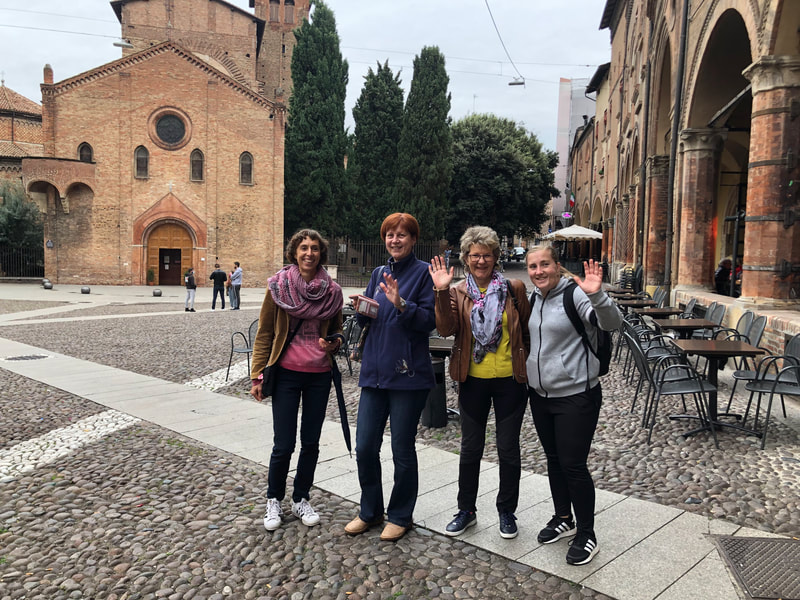
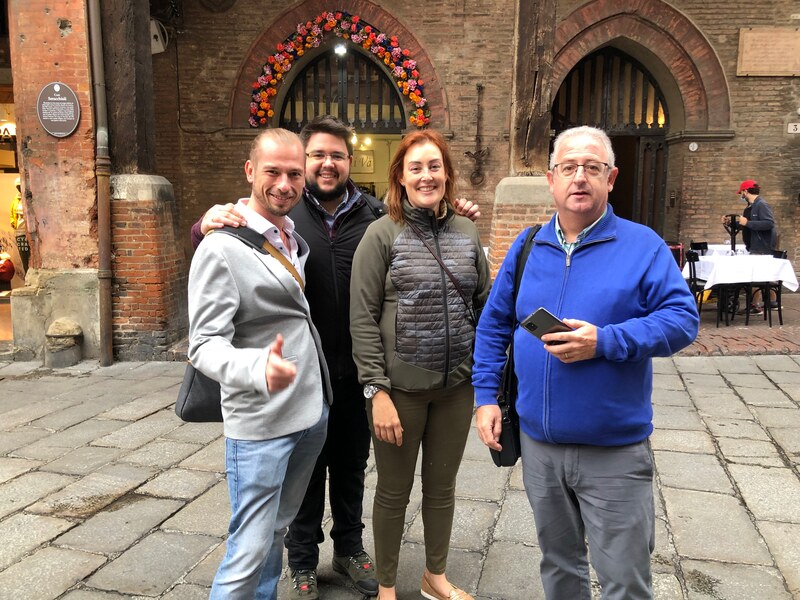
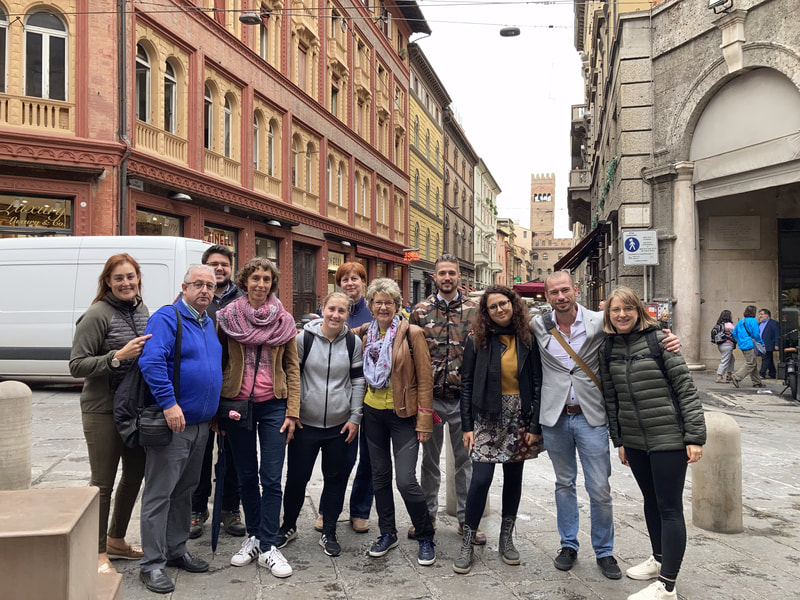
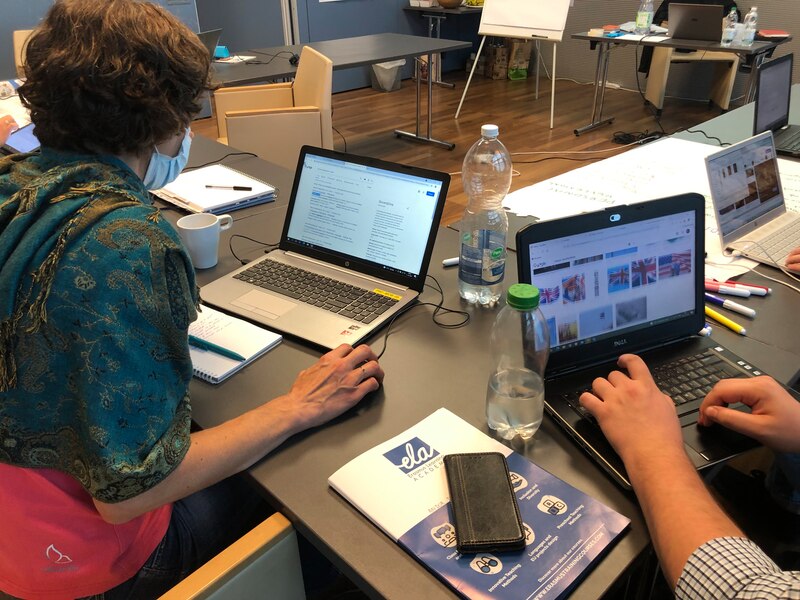
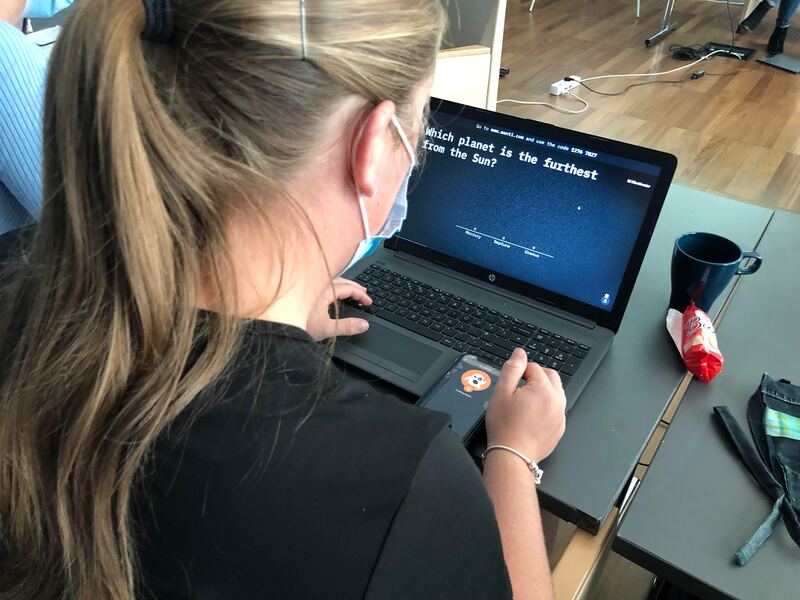
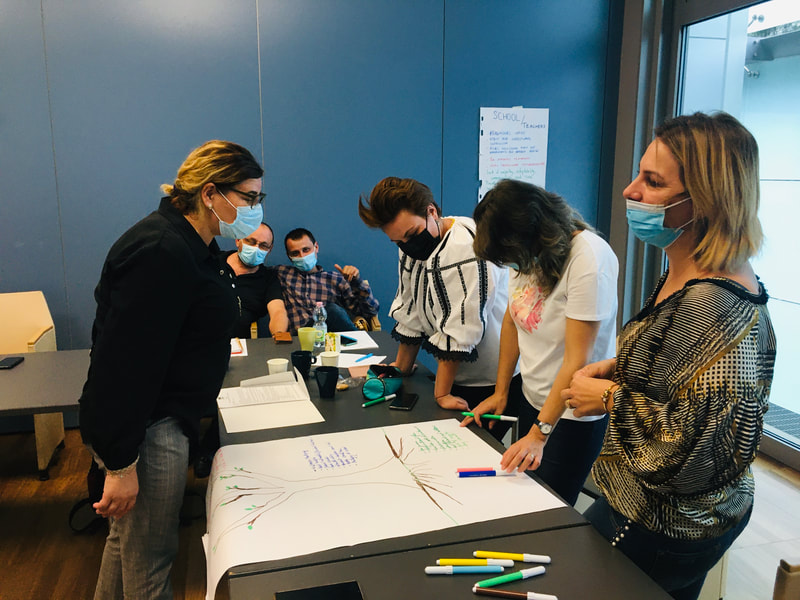
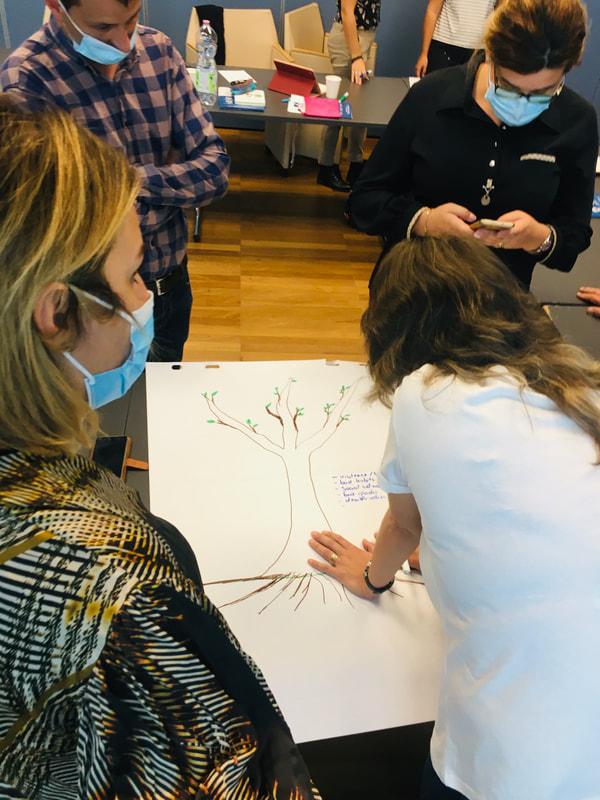
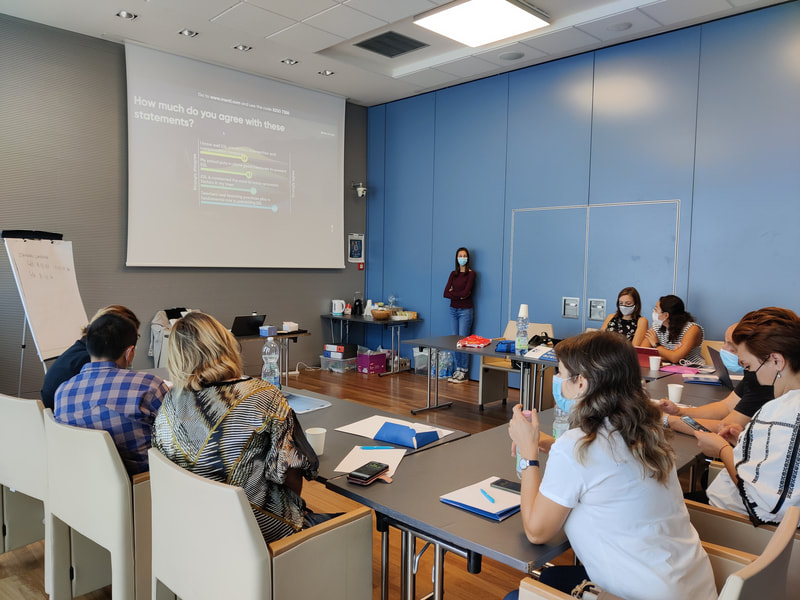
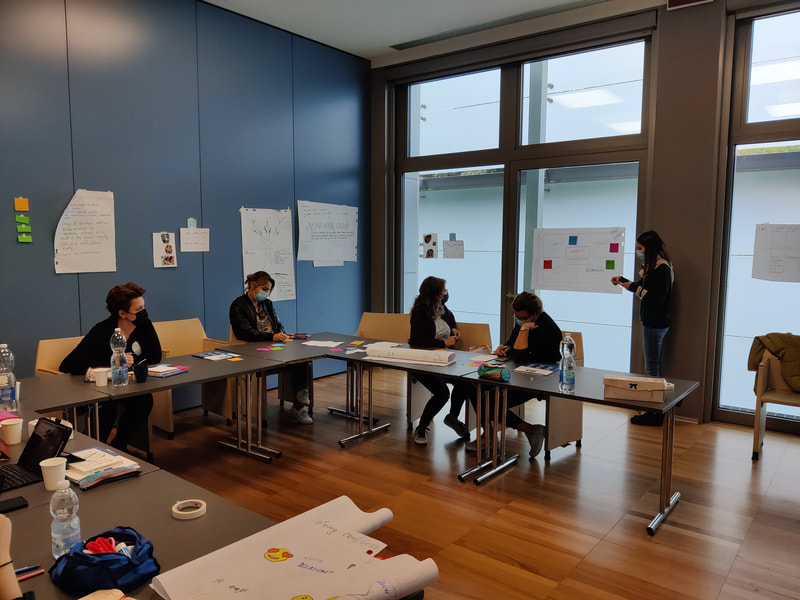
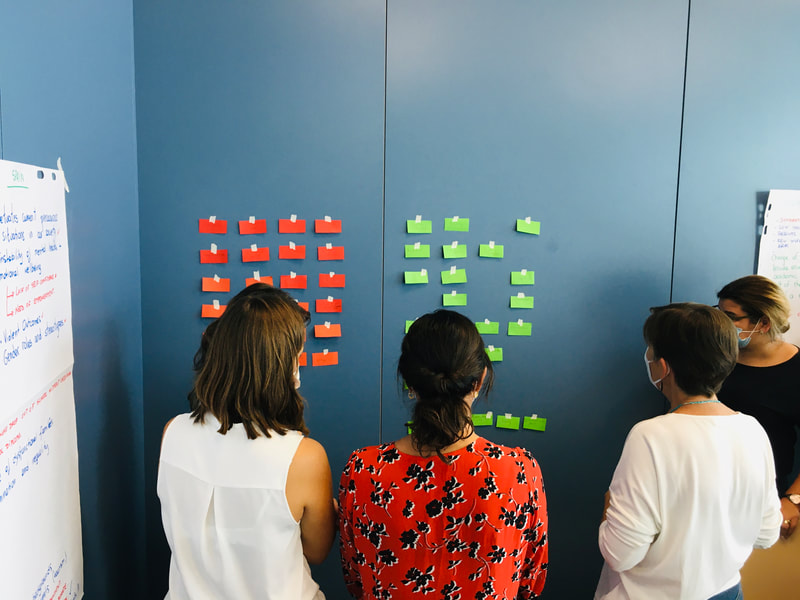
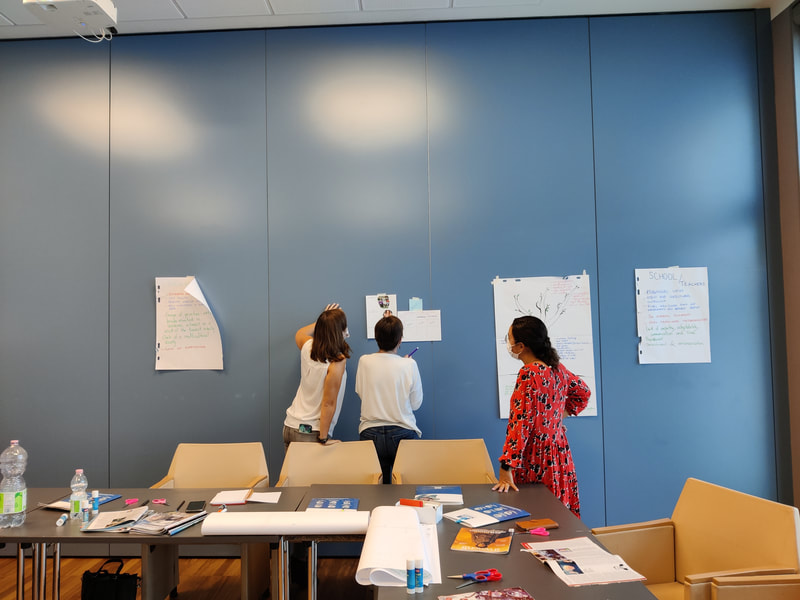
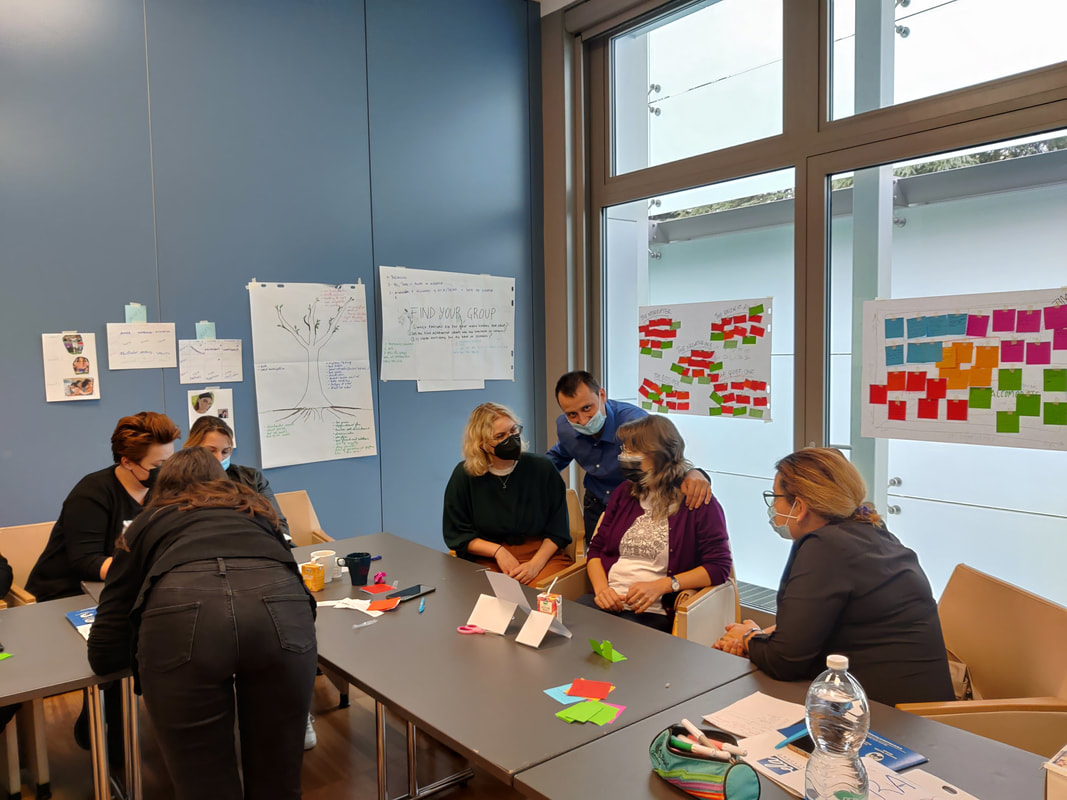
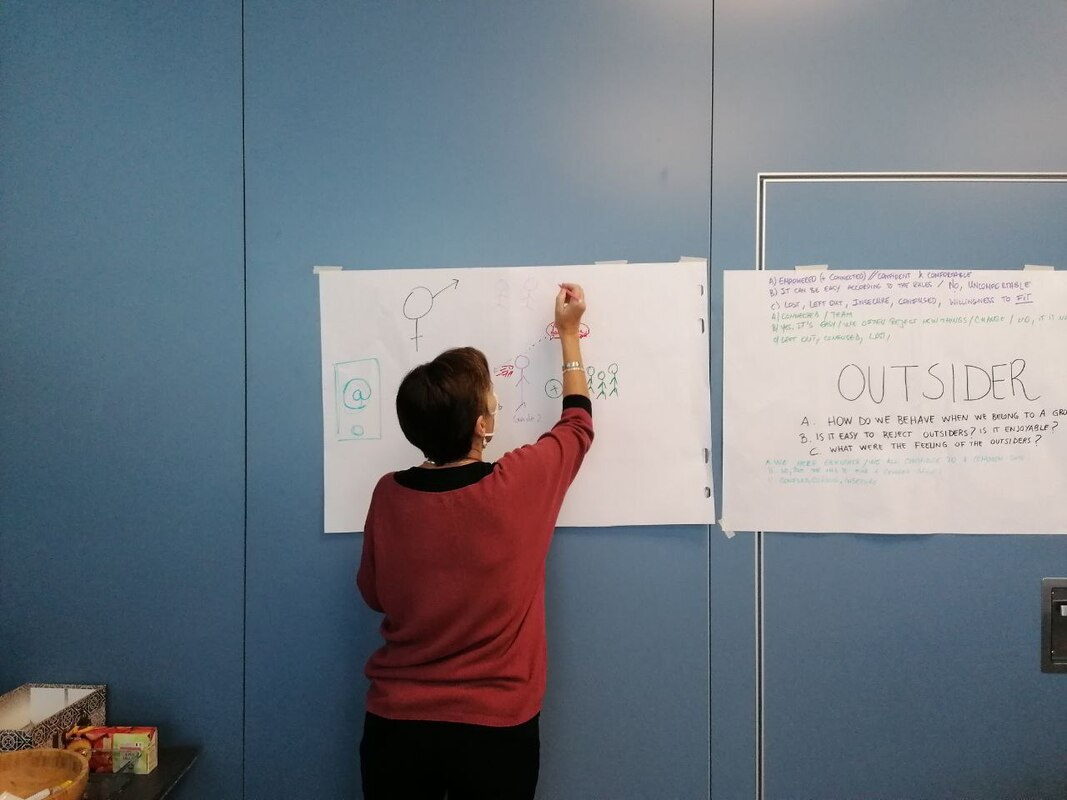
 RSS Feed
RSS Feed









